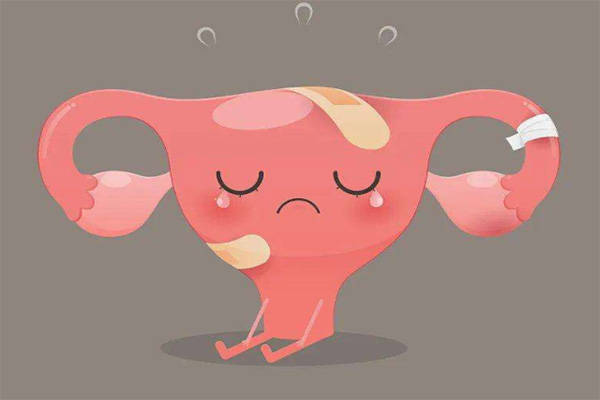Polycystic Ovary Syndrome (PCOS) is a common endocrine disorder in women, characterized mainly by polycystic ovaries, ovulatory dysfunction, and hormonal imbalances. Many PCOS patients fail to conceive despite trying ovulation induction treatments, which are rooted in complex reasons. Below is a detailed analysis of the reasons for the failure of ovulation induction in polycystic ovary syndrome.
1. Abnormal Hormone Levels
PCOS patients often have elevated levels of androgens, which can affect the normal development and maturation of follicles, leading to ovulatory dysfunction. High levels of androgens can also interfere with the normal secretion of estrogen and progesterone, further affecting the receptivity of the endometrium, making it difficult for embryos to implant. Additionally, insulin resistance and hyperinsulinemia are common metabolic issues among PCOS patients, which can exacerbate hormonal imbalances and affect ovulation and pregnancy.
2. Ovarian Dysfunction
The ovaries of PCOS patients may exhibit dysfunction, such as immature follicle development and abnormal ovulatory function. These problems can lead to the failure to release mature eggs even with the help of ovulation-inducing drugs. Moreover, some patients may experience a gradual decline in ovarian function after prolonged ovulation induction treatment, further lowering the chances of conception.
3. Fallopian Tube Issues
Abnormalities in the fallopian tubes, such as salpingitis or tubal obstruction, can also affect embryo implantation and pregnancy. When an egg is released, if there are problems with the fallopian tubes, it may not successfully enter the uterine cavity, resulting in infertility. Furthermore, fallopian tube abnormalities may increase the risk of ectopic pregnancy.
4. Poor Endometrial Receptivity
The endometrium is a crucial site for embryo implantation; if the receptivity of the endometrium is poor, even if the egg is successfully fertilized and reaches the uterine cavity, it may fail to implant. Due to hormonal imbalances and other factors, the endometrial receptivity in PCOS patients may be compromised, leading to the failure of ovulation induction.
5. Other Factors
Besides the aforementioned reasons, the failure of ovulation induction in PCOS patients may also be influenced by various other factors. For instance, age, medication factors, and poor lifestyle choices can all have adverse effects on ovulation and pregnancy. Additionally, immune factors and abnormalities in male sperm may also contribute to the failure of ovulation induction.
Addressing the issue of failure in ovulation induction among PCOS patients requires a comprehensive consideration of the patient’s individual circumstances and potential causes, leading to the formulation of a personalized treatment plan. This includes pharmacological treatments, assisted reproductive technologies, surgical interventions, and lifestyle changes. For example, restoring hormonal balance through the use of oral contraceptives or other medications; employing assisted reproductive technologies like in vitro fertilization to enhance the chances of conception; addressing fallopian tube abnormalities through surgery; and improving lifestyle factors through diet control, weight management, and regular exercise to promote normal ovarian function.
In summary, the reasons for failure in ovulation induction among patients with polycystic ovary syndrome are complex and diverse, requiring a comprehensive consideration of multiple factors. Throughout the treatment process, close collaboration with healthcare providers, adherence to their recommendations, and proactive lifestyle adjustments can enhance the success rate of ovulation induction treatments.


